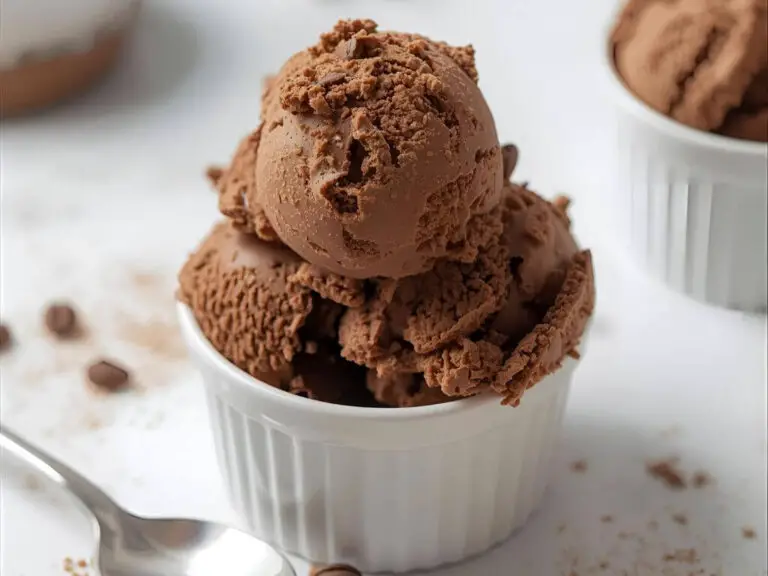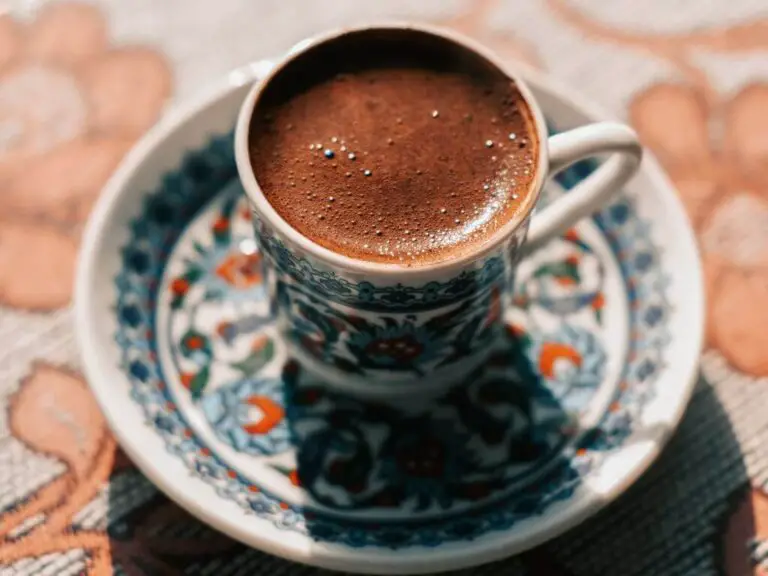How Much Caffeine is in Turkish Coffee and How It Affects You
Picture this: a tiny, steaming cup with a dense foam on top, a rich aroma rolling off it, and a moment of calm as you sip slowly. That’s Turkish coffee — small in size but big in character. If you’re wondering “how much caffeine is in Turkish coffee,” you’re asking a great question. People love Turkish coffee for its bold taste, deep tradition, and the gentle buzz it gives.
In this post I’ll walk you through what makes Turkish coffee special, how much caffeine it typically contains, how it compares to other brews, and tips to enjoy it safely. Let’s start with what makes this coffee so unique. ☕✨
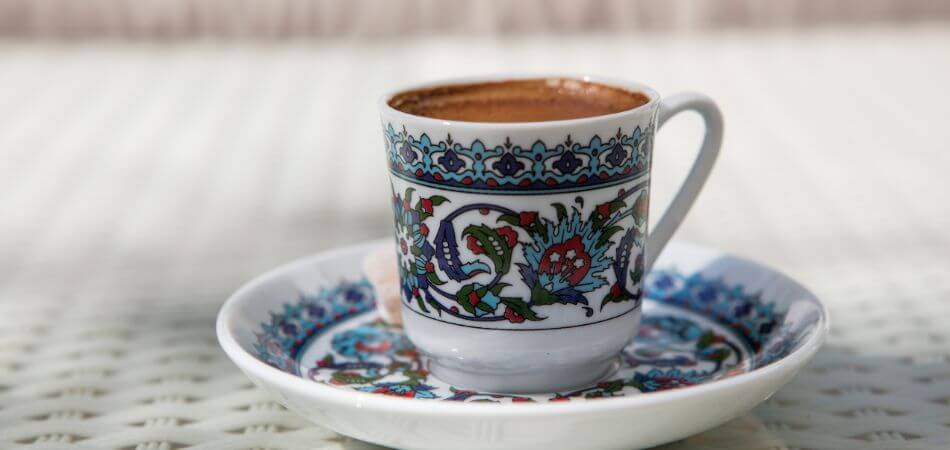
What Makes Turkish Coffee Unique ☕✨
Before we dive into the numbers, it helps to know what sets Turkish coffee apart. These features shape both its flavor and the way caffeine feels when you drink it.
Key features
- Very fine grind — the coffee is ground into a powder, much finer than espresso.
- Brewed in a cezve — a small long-handled pot (often brass or copper) used for boiling the coffee gently.
- Unfiltered — the grounds stay in the cup (they settle to the bottom), giving a thicker mouthfeel.
- Small serving (demitasse) — usually served in tiny cups, so a serving is short but concentrated.
- Rich foam (köpük) — a prized foam layer on top that adds texture and aroma.
- Cultural ritual — served with a sip of water and often a sweet (like Turkish delight); it’s a social and ceremonial drink in many places.
Turkish coffee — at a glance 📋
| Feature | What it means for your cup |
|---|---|
| Grind | Powder-fine — nearly like flour |
| Pot | Cezve — slow heat, gentle boil |
| Serving | Small demitasse cup (concentrated) |
| Texture | Thick, unfiltered, grounds settle |
| Flavor | Bold, aromatic, slightly syrupy |
| Tradition | Strong cultural ties in Middle East, Balkans, Mediterranean |
What you’ll see in a typical cup 🥄
- A thin layer of foam on top (important!).
- Dark, intense liquid that’s sipped slowly.
- Fine grounds at the bottom — don’t drink those.
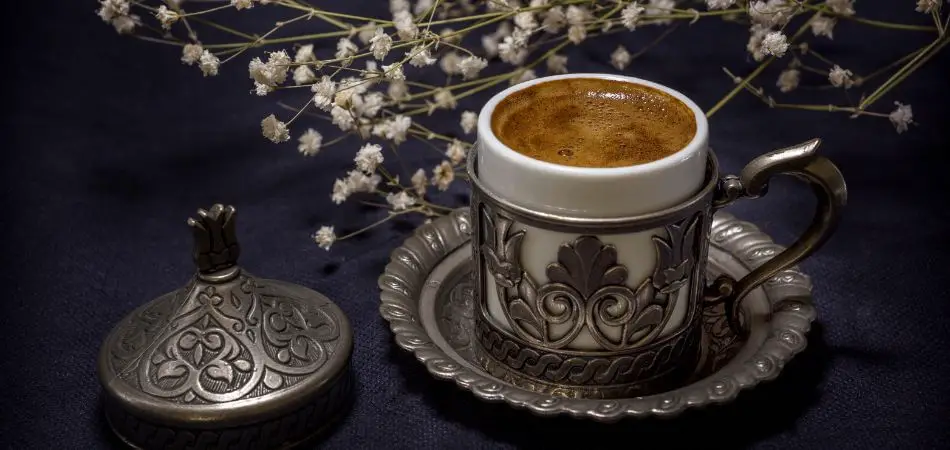
How Much Caffeine Is in Turkish Coffee? 📊
Now let’s answer the big question: how much caffeine is in Turkish coffee?
On average, a 2 oz (60 ml) serving of Turkish coffee contains around 50–65 mg of caffeine. That’s about the same as one shot of espresso — but the way you drink it makes the experience feel very different.
👉 Turkish coffee is sipped slowly, usually over 10–15 minutes, which spreads out the caffeine hit. Espresso, on the other hand, is often taken in one quick shot, giving you a faster buzz.
Caffeine comparison with other coffee types
Here’s a quick side-by-side look:
| Coffee Type | Serving Size | Average Caffeine | Strength Feeling |
|---|---|---|---|
| Turkish Coffee | 2 oz | 50–65 mg | Bold, thick, strong sip |
| Espresso | 1 oz | ~63 mg | Intense, quick hit |
| Drip Coffee | 8 oz | 95–120 mg | Smooth, steady boost |
| Instant Coffee | 8 oz | 30–90 mg | Mild to medium |
| Cold Brew | 12 oz | 150–200 mg | Strong, long-lasting |
✅ As you can see, Turkish coffee isn’t the highest in caffeine, but it’s concentrated for its size. A tiny cup packs a flavorful punch, even if it doesn’t top the caffeine charts.
Factors That Influence Caffeine Content ⚖️
So, why isn’t every cup of Turkish coffee the same when it comes to caffeine? A few little details can make a big difference in the final sip. Let’s break it down 👇
1. Coffee Bean Type 🌱
- Arabica beans → smoother, slightly less caffeine.
- Robusta beans → stronger, more caffeine (almost double Arabica).
- Many traditional Turkish coffees use a blend, but pure Arabica is the most common.
2. Grind Size ⚙️
Turkish coffee uses an extra-fine grind, almost like flour. This allows maximum extraction of caffeine and flavor in a short brewing time. The finer the grind, the more caffeine dissolves into your cup.
3. Serving Size 🍵
Even though Turkish coffee is strong, the cups are small (2–3 oz). That naturally limits how much caffeine you’re actually drinking in one serving. But if you drink multiple cups back-to-back, the caffeine adds up quickly!
4. Brewing Strength 🔥
- Longer simmering = more extraction, slightly more caffeine.
- Extra grounds in the cezve = stronger cup with more caffeine.
- Some people like it “light” (less grounds, shorter simmer), while others prefer it “double strong.”
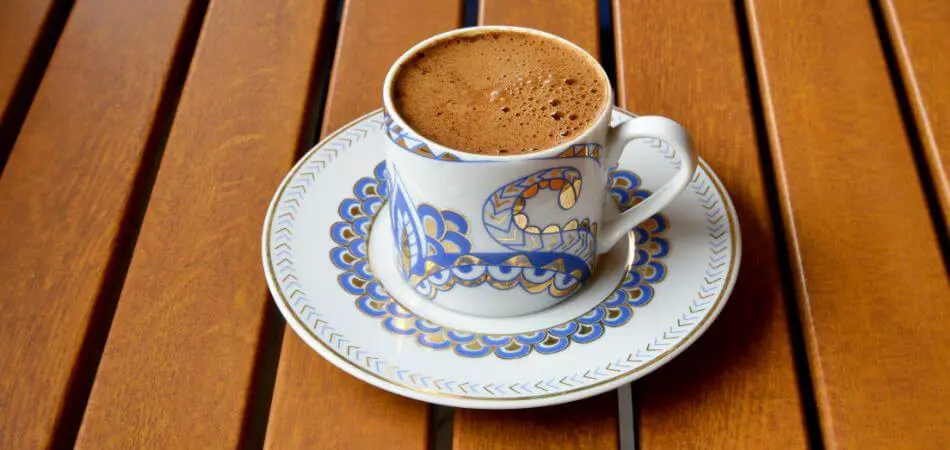
Is Turkish Coffee Stronger Than Espresso? 🔍
This is one of the most common questions coffee lovers ask. Both Turkish coffee and espresso have a reputation for being “strong” — but strength can mean different things: flavor, texture, or caffeine. Let’s clear up the confusion.
📌 Caffeine per Ounce vs. Per Serving
- Espresso → About 63 mg per 1 oz shot.
- Turkish Coffee → About 50–65 mg per 2 oz cup.
👉 Per ounce, espresso is more concentrated. But per serving, they’re very close.
📌 Why Turkish Coffee Feels Stronger
Even though the caffeine is similar, Turkish coffee can feel stronger because of:
- Thick texture (unfiltered grounds give it body).
- Foamy top that locks in aroma and flavor.
- Slow sipping ritual — you take your time, letting the caffeine hit gradually.
- Bitterness + richness that makes it taste more powerful.
🚫 Myth Busted
A strong taste doesn’t always mean more caffeine. Turkish coffee tastes bolder than espresso, but it doesn’t necessarily carry a heavier caffeine punch.
Health Effects of Turkish Coffee’s Caffeine ❤️💪
Turkish coffee isn’t just about flavor — that caffeine kick has real effects on your body. Some are positive, while others depend on how sensitive you are to caffeine. Let’s explore both sides.
🌟 The Benefits
- Boosts alertness & focus → Caffeine stimulates your brain, helping you feel awake and sharp.
- Rich in antioxidants → Turkish coffee is unfiltered, so it retains compounds that may protect your cells.
- Supports digestion → Traditionally, it’s believed to aid digestion when enjoyed after a meal.
- Mood lift → A warm cup with friends or family is more than caffeine — it’s a social ritual that boosts happiness.
⚠️ Possible Downsides
- Jitteriness or anxiety → If you’re caffeine-sensitive, even a small cup can feel intense.
- Sleep disruption → Drinking Turkish coffee late in the evening may keep you awake.
- Stomach irritation → Its strong, unfiltered brew can sometimes upset sensitive stomachs.
📌 Safe Daily Limit
According to the FDA, the recommended maximum caffeine intake for healthy adults is about 400 mg per day.
- That equals roughly 6–8 small cups of Turkish coffee.
- But realistically, most people should stick to 1–2 cups daily for a balance of enjoyment and health.
Who Should Be Careful with Turkish Coffee 🚫☕
While Turkish coffee is enjoyable for most people, its caffeine content and strong flavor mean certain groups should be cautious. Here’s who should watch their intake:
1. Pregnant or Breastfeeding Women 🤰
- Caffeine passes to the baby and may affect sleep or growth.
- Recommended limit: 200 mg caffeine per day — roughly 1 small cup of Turkish coffee.
2. People with High Blood Pressure or Heart Issues ❤️
- Strong coffee can temporarily raise blood pressure and heart rate.
- Consult your doctor before making it a daily habit.
3. Caffeine-Sensitive Individuals ⚡
- If you easily feel jittery, anxious, or have trouble sleeping, stick to smaller servings.
- Consider lighter brews or Arabica-only beans for lower caffeine.
4. Those with Stomach Sensitivity 🥴
- Turkish coffee is unfiltered and can be acidic.
- Drinking on an empty stomach may cause discomfort.
Conclusion & Takeaway ✨
Turkish coffee is more than just a beverage — it’s a cultural ritual, a moment of calm, and a flavorful experience. So, how much caffeine is in Turkish coffee?
- Around 50–65 mg per 2 oz cup — similar to espresso, but felt differently because of its thick texture and slow sipping style.
- It’s strong in taste but not overwhelmingly caffeinated compared to drip coffee or cold brew.
FAQ’s
How much caffeine is in 2 teaspoons of Turkish coffee?
Two teaspoons of Turkish coffee (about 6 g) contain roughly 40–60 mg of caffeine, depending on the bean type and brewing method.
What has more caffeine, Turkish coffee or Americano?
Turkish coffee generally has more caffeine per ounce due to its concentrated brew, but an Americano can have more total caffeine if served in a larger cup.


